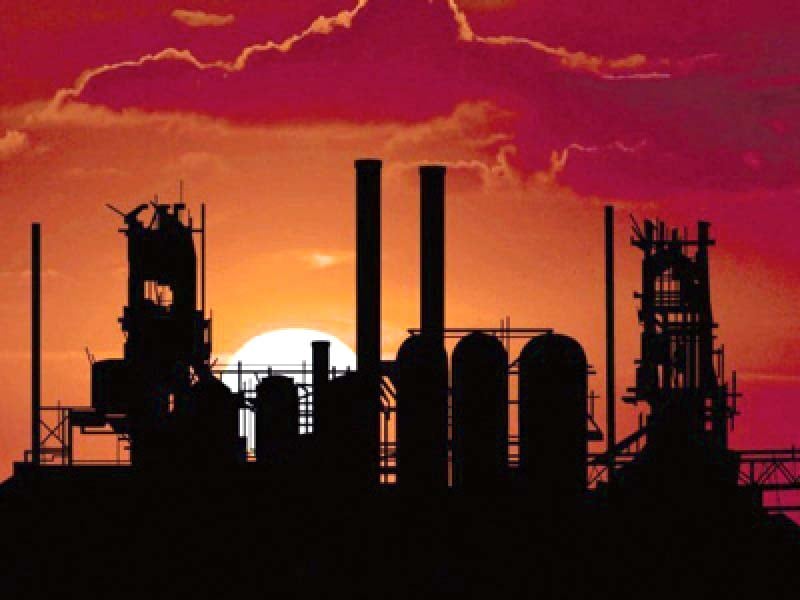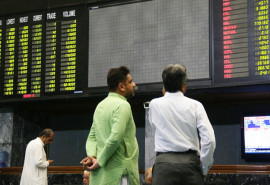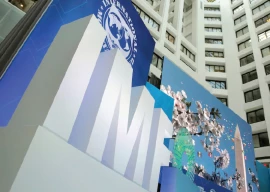
While the economy as a whole is facing inflationary pressure, the industry is encountering an additional challenge due to rising cost of imports as important raw material and intermediary goods used by the domestic manufacturing industry are getting costly every month.
International prices are rising on the back of reduced production and disruption to the supply chain because of the pandemic.
The London Metal Exchange (LME) - a world hub for the trading of these materials - reported an exponential increase in the cost of critical metals. In April 2020, steel hot-rolled coils (HRC) were trading at $375 per ton, however, in December 2020, they are being traded at $567 per ton.
Aluminium prices rose from $1,463 per ton in April to $2,045 per ton in December. Similarly, prices of copper escalated from $4,772 to $7,644 per ton during the same period.
“These are huge escalations by any yardstick; it is no surprise that the industry is under huge pressure due to international price hike,” said SM Engineers and Metal Works CEO Ishtiaq Hussain Siddiqui.
“The recent price hike in domestically produced products partly reflects the impact of international trend,” he added. “The impact is being felt in almost all the industries but the most affected ones are the manufacturers of electronic goods and others like refrigerators, air conditioners, auto and auto parts, steel products, wires and pipes, rubber and rubber parts,” he lamented.
“Small vendors operate on razor-thin margins and hence cannot keep large stocks, thus they are importing or procuring supplies as they consume,” Siddiqui stated, adding that if the cost increase issue was not dealt with immediately, they would soon be out of the arena.
With domestic and imported inflation - due to food shortages, utility cost and import of basic raw material - on the rise, it is apparent that localisation alone is no longer the answer.
“Due to Covid-19, we witnessed a drop in commodities’ prices earlier during the year. However, due to measures taken by the countries and central banks to stimulate the economy, we have seen a rebound in commodity prices over the last six months, especially with the news of vaccines,” said Al-Meezan Investments Head of Equities Taha Javed Khan.
Thus, prices of raw material for many steel producers had also gone up, which were gradually being passed on to customers due to rebound in the national economy, he said. “This will impact prices of exportable industrial goods. With export orders locked in for comparatively longer periods, the export industry may not be able to adjust prices in time and the windfall increase in exports that the country is experiencing, may turn into a liability,” he added.
Published in The Express Tribune, December 15th, 2020.
Like Business on Facebook, follow @TribuneBiz on Twitter to stay informed and join in the conversation.



1672385156-0/Andrew-Tate-(1)1672385156-0-165x106.webp)














COMMENTS
Comments are moderated and generally will be posted if they are on-topic and not abusive.
For more information, please see our Comments FAQ